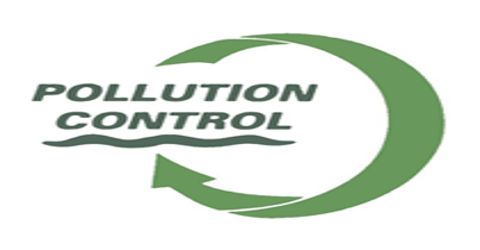Need for Pollution Control
Pollution prevention or control is needed to preserve precious environmental resources and to improve the environmental quality so that the preserved resources can be utilized for the benefit of mankind and the improvement of health and wellbeing of the people. The amount of damage to a particular medium (air, water, land) varies according to the type of pollutant, the amount of pollutant disposed of, and the distance from the source of pollution.
Business enterprises cannot remain unaffected by environmental destruction. They need to take suitable measures for pollution control not merely to avoid criticisms against them but also to enjoy other benefits of such measures. Some of the important reasons which make a case for pollution control are as follows:
(i) Reduction of health hazards: There is increasing evidence that many diseases like cancer, heart attacks and lung complications are caused by pollutants in the environment. Pollution control measures can not only check the seriousness of such diseases but can also be supportive of a healthy life on earth.
(ii) Reduced risk of liability: It is possible that an enterprise is held liable to pay compensation to people affected by the toxicity of gaseous, liquid and solid wastes it has released into the environment.
(iii) Cost savings: An effective pollution control programme is also needed to save costs of operating business. Cost savings are particularly noticeable when improper production technology results in greater wastes which leads to higher cost of waste disposal and cost of cleaning the plants.
(iv) Improved public image: As society becomes increasingly conscious of environmental quality, a firm’s policies and practices for controlling wastes will increasingly influence people’s attitude towards its working.
(v) Other social benefits: Pollution control results in many other benefits like clearer visibility, cleaner buildings, better quality of life, and the availability of natural products in a purer form.















